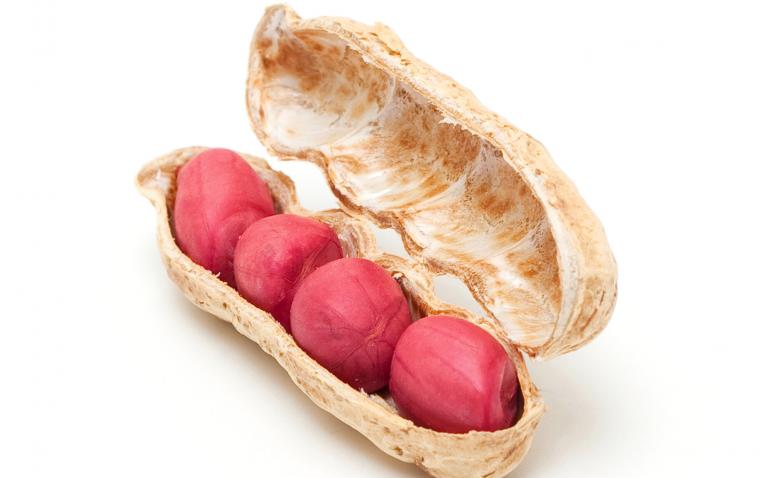In a study published in the Proceedings of the National Academy of Sciences, researchers at the University of Notre Dame in the US have effectively prevented the binding of peanut allergens with IgE to suppress the allergic reaction to peanuts using a first-in-class design of allergen-specific inhibitors.
“The success of this study is exciting because it opens the door to establishing an entirely new class of allergy therapeutics,” said Basar Bilgicer, associate professor in the Department of Chemical and Biomolecular Engineering and affiliate of Advanced Diagnostics and Therapeutics at Notre Dame, who led the study. “We now have the first functional example of selective IgE inhibition to a food allergen, which we haven’t had before.”
For Bilgicer, the challenge was developing an inhibitor that is designed to specifically inhibit the binding of IgE and the allergen proteins without interfering with any other immune system functions. Food allergen-specific inhibitors would stop degranulation, the primary driver of life-threatening allergic reactions, without putting the patients’ immune system or their health at risk.
To achieve their goal, Bilgicer and his team used nanoparticles, called nanoallergens, to screen and identify the key binding sites on peanut proteins that patient IgE antibodies recognise by studying samples from a small population of patients with severe allergies to peanuts. That was significant, Bilgicer said, because “it seems only a few sites seem to be exceptionally critical in driving the allergic response.” Once identified, Bilgicer’s team synthesised a specialised inhibitor – the covalent heterobivalent inhibitor (cHBI) – to prevent IgE from binding to the peanut protein. In a study of 16 patient samples with severe peanut allergies, the cHBIs were successful in inhibiting an allergic response in up to 90% of all samples.
The study presents a compelling case for further development and assessment of cHBI as a viable strategy for treating peanut allergies.
Reference
- Deak PE et al. Designer covalent heterobivalent inhibitors prevent IgE-dependent responses to peanut allergen. PNAS 2019;April 8:DOI: 10.1073/pnas.1820417116










